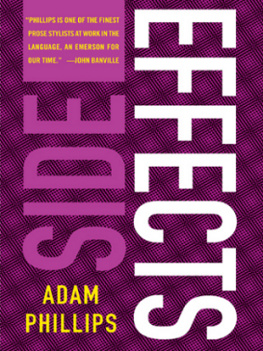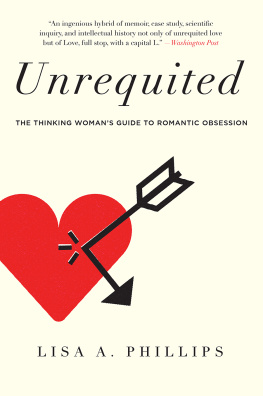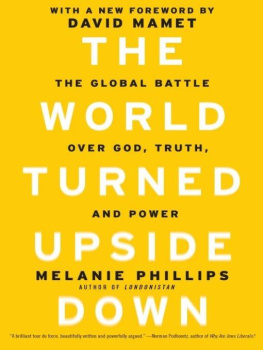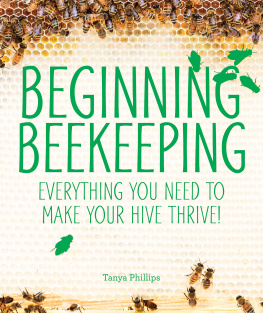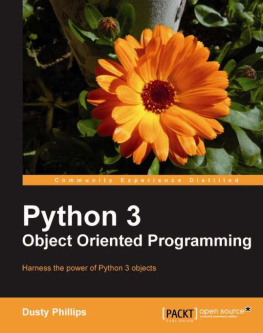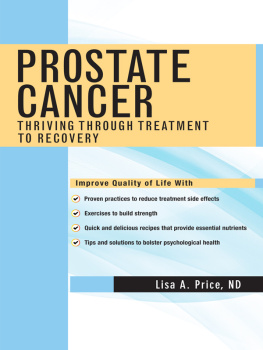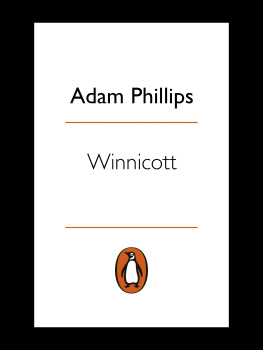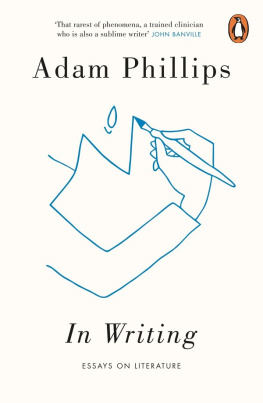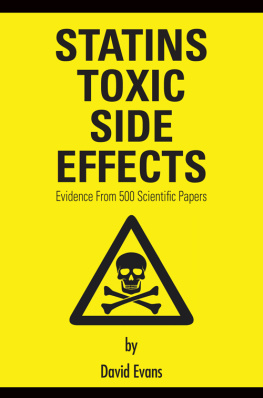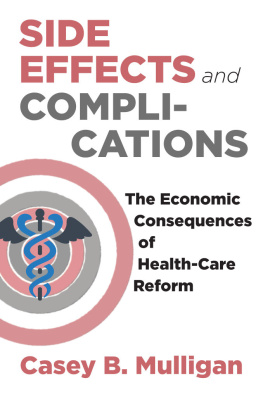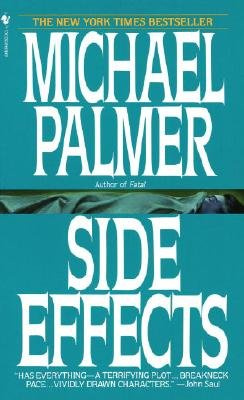Even as a grown-up, his biographer John Haffenden tells us, the writer William Empson would not forget the secrets of a happy childhood: one day, for instance, to the great glee of a friends son, he stood on his hands and said the boy could have anything that fell out of his pockets. Psychoanalysis can also be a way of not forgetting the secrets of a happy childhood. Indeed the game Empson played is more often than not what happens in a psychoanalysis; the so-called patient does the difficult thingtalks of the things that trouble himand the so-called psychoanalyst takes the fallout. Both the patient and the analyst are the recipients of these side effects, of all the things said and implied and unintended and alluded to as the patient speaks as freely as he is able, and begins to understand the ingenuities of the censorship he imposes on himself. Free association, what is said by the way, what is said as aside from the matter in hand, what is said off topic, is where the action of meaning and feeling is. In this picture digression is secular revelation, keeping to the subject is the best way we have of keeping off the subject; of speaking up without speaking out. Obscurity in a writer, Empson once wrote, may be due not to concentration, but to a refusal to speak out. Psychoanalysis, essentially, is an attempt to redescribe the whole notion of concentration. Psychoanalysis as a form of therapy works by attending to the patients side effects, what falls out of his pockets once he starts speaking. It is customary that before new drugs are put on the market they are tested for their side effects. If someone were to invent a drugsay, in this context, a psychotropic drug, one that is designed to improve peoples mental healthand to say that the point of this drug, the whole value of it, was its unpredictable side effects, there would be a public outcry. It would be the ultimate in potentially pernicious irresponsibility. We would wonder about the motives of the drug designers, and anyone who sponsored them; and indeed about the rationality of anyone tempted to take such a drug. Unexpected side effects are not what we want; we prefer things (and people) that do only what they say they are going to do, because then, at least so the argument goes, we can decide whether we want them. It is not surprising then that people become unusually exercised by discrediting psychoanalysis, because this drug I am describing is akin to psychoanalysis. Undergoing psychoanalytic treatment, entering into what the French psychoanalyst Lacan called the psychoanalytic opportunity, is, rather like reading a powerful work of literature, a leap into the relative dark. No one can ever know beforehand the effect it will, or indeed wont, have (reading Goetheperhaps unsurprisingly despite George Steiners famous astonishmentdidnt make the Nazis kinder). The only difference, though one worth remarking on, between psychoanalysis and the arts on the one hand, and this enigmatic drug designed for its side effects on the other hand, is that psychoanalysis and the arts are not drugs. They are, however, both risky and addictive. The owners of psychoanalysis, partly under the pressure of the market, have traditionally been unforthcoming about the risks involved. At its best it is not a treatment for those who prefer their calculations rational, or their investmentsemotional and financialguaranteed. As with reading or talking or listening or looking, the effects of psychoanalysis cannot be known in advance. We can only jump, but we cant jump to conclusions. All we can doas the essays in this book try to suggestis see where the side effects take us.
In much modern writing it is the things said in passing, when the writer takes his eye off the point he is trying to make, that are most striking. Concentration, argument, persuasion, deduction can convince us, but being convinced is not only or always the thing we most want to be; changing how people feel is rarely just a matter of amassing evidence. In fact, in many areas of modern peoples lives what changes people, what makes a difference to them that matters, cannot be calculated in advance. And more often than we notice, perhaps more often than we can afford to notice, the things that change us are surprising. They are often side effects, things that happen inadvertently (what is traumatic about the official trauma is often eccentric). What the writer writes while he is writing something else, what the patient happens to say when he is saying what he wants to say, what we dream when we are wanting to sleep, how we fail when we are determined to succeed; this is what psychoanalysis, and not of course only psychoanalysis, wants us to attend to. The literary essay as a format least from the early nineteenth century onwardshas not only allowed for the artfulness, the interest of digression, but has also positively encouraged it. The essays of Lamb or Hazlitt or Emerson create the conditions, not unlike a psychoanalytic session, for concentrations and meanderings, for changes of tone and changes of heart over a very short space of time.
For the contemporary writer who finds psychoanalysis illuminating but would betray her own sense of things by believing in it, psychoanalysis can serve as a useful regulative fiction, in Nietzsches phrase; a secular equivalent, if there can be such a thing, of the non-Catholic Christianity of Lamb, Hazlitt and Emerson, in whose writings you can never be quite sure what, if anything, they are trying to convert themselves and their readers to. And yet one is left with an unmistakable sense of the strength of their opinions. They are like dogmatists, but their dogma is a work in progress and can never be formulated like conventional religion or morality. Their enthusiasm for digression, for telling all sorts of stories and non-stories, for telling almost whatever occurs to them while they are writing, tempers their fanaticism. It is as though in their writing, whatever the topic, they want to be distracted, they want to be waylaid. The essays in this book do this where they can. Concentration, as Empson suggested, is the willingness not to speak out.
The anxiety of psychoanalysis about its own status today is reflected in its eagerness to entomb itself in definitives the Standard Edition of Freuds works, the Institute of Psychoanalysis, The Interpretation of Dreams , and so on; and in its desire for purifications, its desire to define itself by endlessly declaring what it is notnot suggestion, not teaching, not medicine, not anti-science, not a betrayal of Freud, not racist, not homophobic, and so on. In actuality psychoanalysis is everything that is said about it, and not merely the preserve of its critics and devotees. It is only ever going to be as useful as anybody finds it to be. And any individual, or indeed any culture, that wholeheartedly endorsed itthat treated it as a myth rather than a fiction, as a religion rather than a set of tools, as a consolation rather than an affrontwould not really have recognized what it was. Psychoanalysis asks us to reconsider the unacceptable, in ourselves and in others; in our personal and cultural histories, in our desires and thoughts and feelings and beliefs. And at the same time it asks us to wonder why we should want to do this; whether it can get us the lives we would rather live. And it has to acknowledge that asking oneself such questionswhich can be done only in conversation with othersis not, and never has been, high on most peoples list of pleasures. And there could be no self-evident reason why it should be. As a form of moral enquiry psychoanalysis asks what, if any, alternatives there are to scapegoating; and what our lives would be like if there were.

